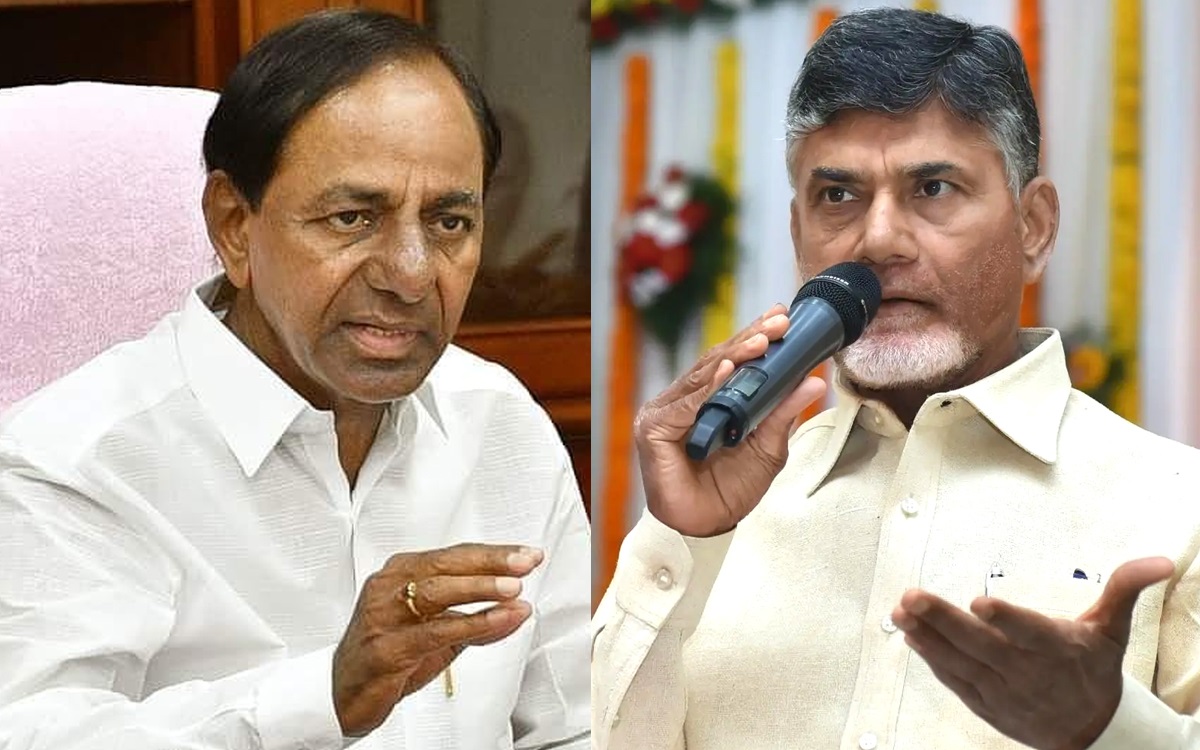Several powerful leaders from southern states in Indian politics have dreamed of becoming national leaders. N. T. Rama Rao was one such prominent person who established the Telugu Desam Party (TDP) and was successful in gaining control of the merged state. Later, he shifted focus towards national politics, inviting opposition leaders to Andhra Pradesh and initiating discussions that led to the idea of the National Front.
As NTR delved deeper into national politics, he assumed the role of Chairman in the National Front. However, his attempt to prioritize campaigning for the National Front during the 1989 Lok Sabha elections, while confident in TDP’s victory in Andhra Pradesh, resulted in his personal defeat in the Kalwakurthy seat.
Similarly, K. Chandrashekar Rao (KCR), during the 2019 polls, aimed to establish a third front but faced constraints due to limited time and fewer seats. His party, TRS (Telangana Rashtra Samithi), underwent transformation to potentially wield influence in the 2024 national elections. Despite touring extensively and meeting opposition leaders across the nation, experts believe his singular focus on national politics might have contributed to neglecting state affairs, possibly affecting recent election outcomes negatively.
This trend isn’t uniform across all southern leaders, as seen in Tamil Nadu’s DMK and AIADMK parties, which predominantly concentrate on their state’s affairs without extensively venturing into national politics. While they engage with national leaders when necessary, their emphasis on their state has proven effective compared to regional leaders who sought a larger national spotlight and encountered setbacks repeatedly.
The question remains about the impact southern leaders can make in northern Hindi-speaking states. The recent experiences of leaders like KCR and Chandrababu Naidu emphasize the challenges faced by regional leaders attempting to pivot significantly towards national politics without balancing their attention on their respective states.
